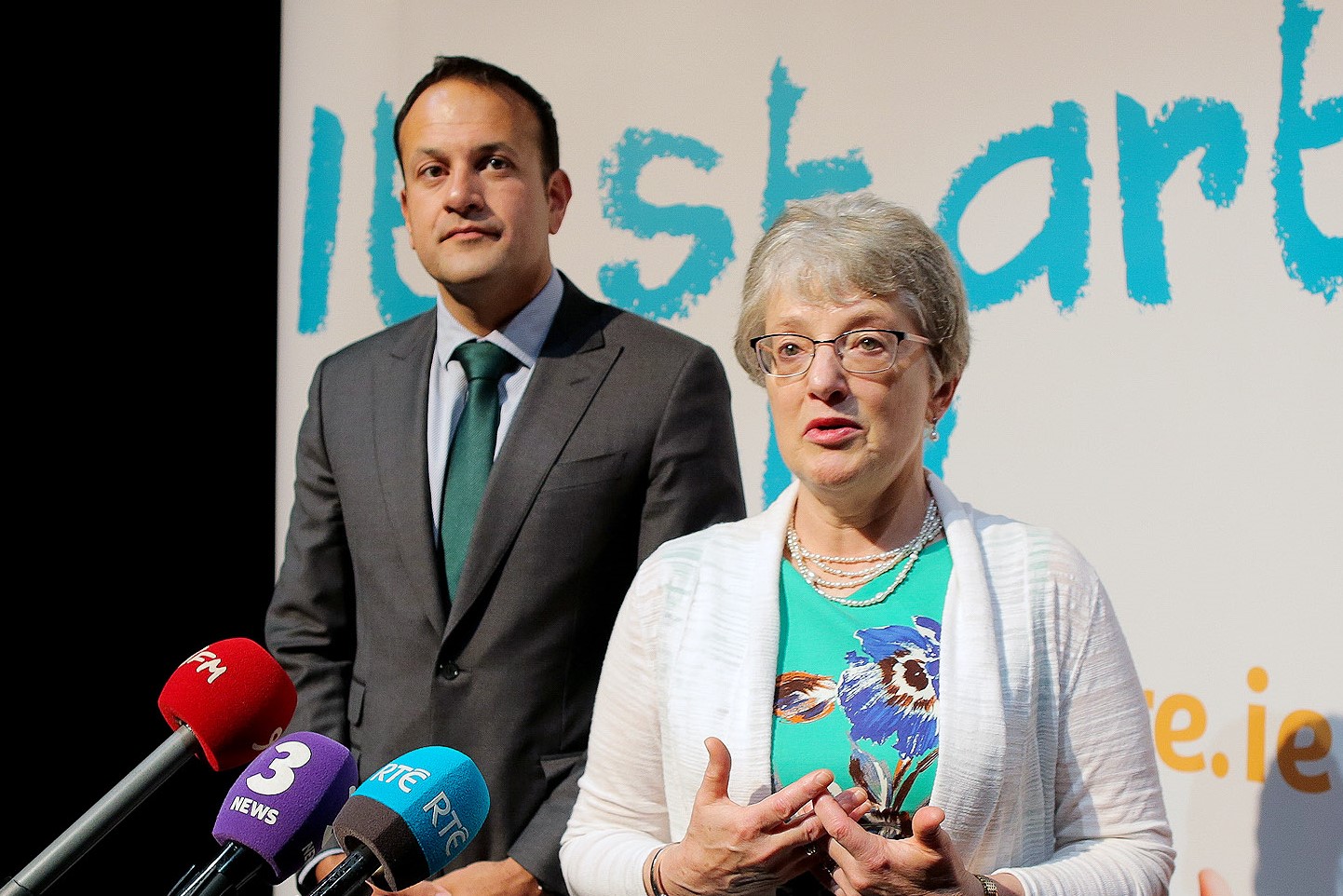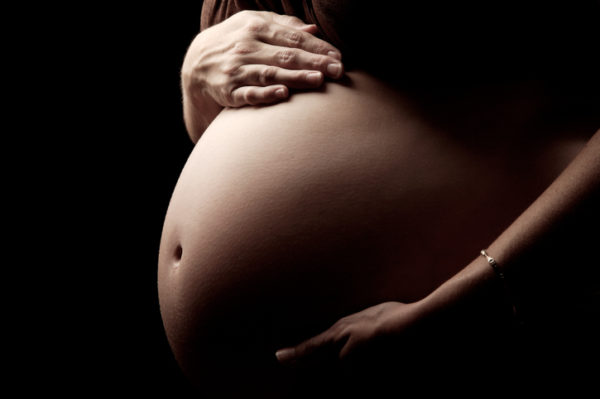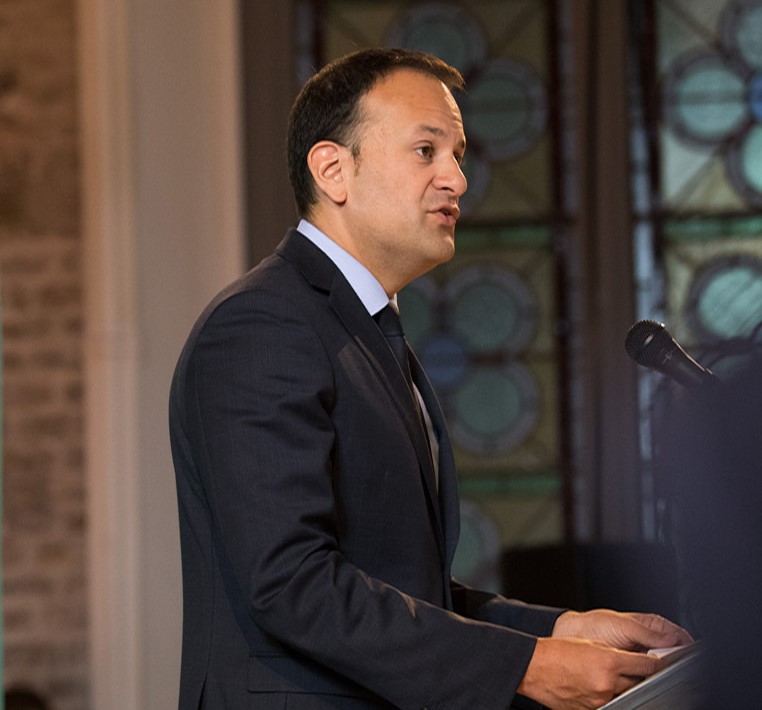
The Taoiseach, Leo Varadkar, has said the Government will urge the Church to celebrate all families, including same-sex headed families, during the upcoming visit of Pope Francis to Dublin for the World Meeting of Families.
He was responding to questions from Fianna Fáil TD, Robert Troy, who said he was concerned the Catholic Church might only welcome “traditional families”. Deputy Troy noted that originally the Church produced “pamphlets and booklets demonstrating more than the traditional Irish family”, but since then, “they’ve moved away from welcoming the non-traditional Irish family”. He added: “given the fact that it was, as a country, one of the first to have a referendum to establish marriage equality in the gay community, I think that is regrettable”.
Mr Varadkar said the Government is very much of the view that all the many different types of families should be celebrated, including the traditional nuclear family with the man married to the woman with children, “but also one-parent families, families led by grandparents, and families led by same-sex couples”. He promised that the State would “make it known in our meetings with the organisers that in line with our commitment to personal liberty and equality before the law, the Government’s view is that families in all their forms should be celebrated”.
While noting a commitment to freedom of religion and the separation of church and state, the Taoiseach said the Government would express its view, but promised, “we will not try to impose it on a religious body”.
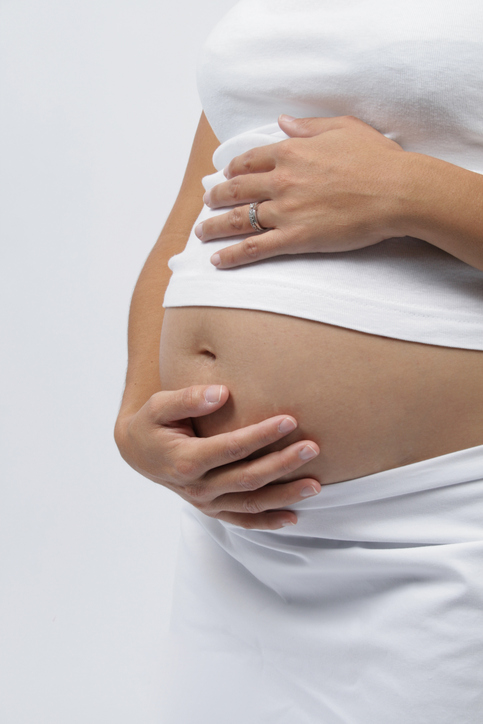
The bill to hold an abortion referendum to repeal the 8th amendment passed the Seanad last night, and the proposed abortion legislation that would follow it was approved by the Cabinet. At the same time, Tánaiste Simon Coveney endured withering criticism of his proposal to restrict future legislative changes on abortion law after the Taoiseach, Leo Varadkar, shot down his proposal in the Dail as unconstitutional. Minister for Health Simon Harris threw a sop to the Tánaiste by promising he would review with the Attorney General ways of making future changes to abortion law legislatively difficult without apply any extra-constitutional lock to legislation. Mr Coveney had already endured some torrid criticism from pro-life groups for a sudden u-turn on his support for unrestricted abortion prior to 12 weeks gestation. They addded to that criticism yesterday after the shambles of him “demanding” the legislative lock, only to see it “in tatters” within hours of making it.

A bill to redefine marriage in Northern Ireland so as to enable same-sex couples to marry passed its first hurdle in the House of Lords on Tuesday, as an identical bill is to be introduced in the House of Commons, today, Wednesday.
Liberal Democrat MP Layla Moran, who will co-sponsor the bill in the House of Commons said: “I’d much rather that this decision was taken by local politicians in Belfast, but given that it doesn’t seem the Assembly will be up and running again soon, I believe that Westminster MPs are right to change the law to provide marriage equality for everyone. It is a real honour and a privilege to be sponsoring this legislation. I hope that all parties will now support it and make sure it becomes law as quickly as possible so that everyone, in all parts of the United Kingdom, no matter where they live or who they love, can get married”.
Northern Ireland secretary Karen Bradley said last month that Conservative MPs would have a free vote on the bill. Nonetheless, the DUP’s Jeffrey Donaldson predicted that the legislation was unlikely to get through all the stages of the parliamentary process.

Tánaiste Simon Coveney is to ask his Cabinet colleagues to consider introducing a two-third majority lock in any legislation to replace the Eighth Amendment, which would make it extremely difficult for any future Dáil to change abortion laws in the Republic. However, his proposal has been roundly derided as unconstitutional.
A spokesman for Mr Coveney said: “The Tánaiste is looking for a two-third majority to be necessary if there was ever any attempt to alter the law in the future. . . . The Tánaiste hopes this will go someway towards countering the reckless claims that our parliament can’t be trusted and to reassure voters that there will be no creeping change over time if they vote repeal.”
Ironically, his proposal served to heighten fears that a majority of deputies would change the law in the future, and the criticism of his proposal as unconstitutional made those fears even more acute.
Labour party leader Brendan Howlin told RTE’s Morning Ireland he had “no doubt that what he is suggesting is unconstitutional,” and added: “The problem is if that was inserted in the law, prima facie, that law would not be constitutional itself and I wouldn’t want to put the really hard work of advancing this case at risk.”
Assistant Professor of law at Trinity College David Kenny agreed that Mr Coveney’s proposals were unconstitutional and would require a Constitutional change. Fianna Fail TD Thomas Byrne described the suggestion as “truly bizarre” and said Mr Coveney should be “hammered for basic lack of knowledge” of the Constitution.
A spokesperson for the Savethe8th campaign, Niamh UiBhrian, said: “We agree with Simon Coveney that politicians simply cannot be trusted with abortion, and that additional safeguards are needed. But what the Minister is proposing is crazy, unconstitutional, and telling“.
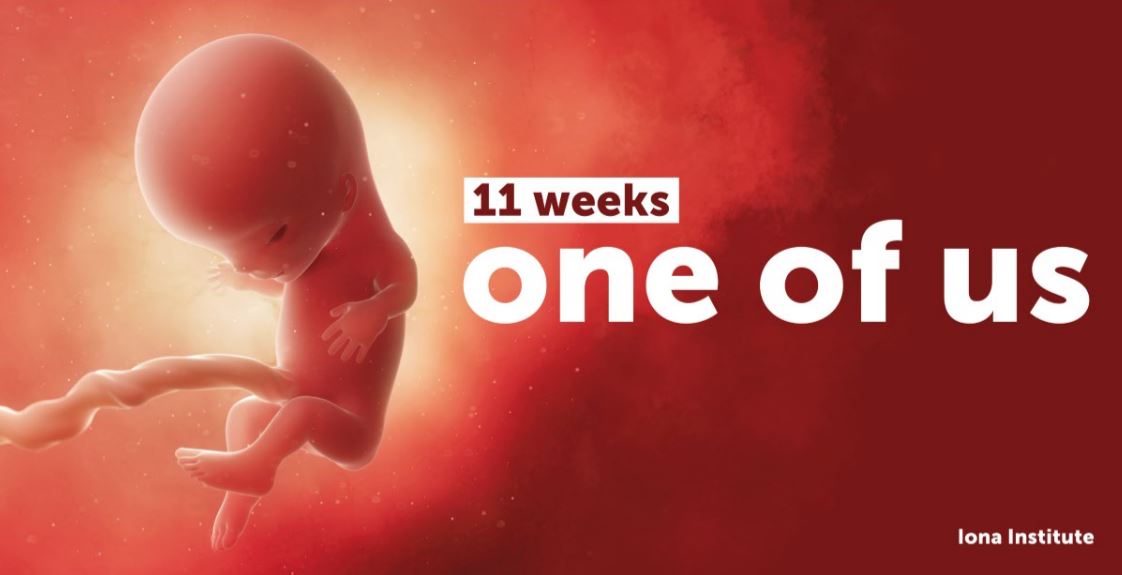
Tánaiste Simon Coveney’s u-turn in support of unrestricted abortion for the first three months of pregnancy has been attacked by a number of party colleagues.
Fine Gael TD Peter Fitzpatrick and senators Paul Coghlan and Ray Butler have expressed surprise at his remarks with Mr Fitzpatrick stating he was “taken back” by the decision to support “abortion on demand” within the first trimester. Mr Coghlan said he was “very disappointed”, while Mr Butler said he was “shocked” by the Tánaiste’s remarks.
One party member, who did not wish to be named but is a close supporter of Mr Coveney, told The Irish Times they were “shell-shocked” by the decision. The member said: “I will make my decision based on my own conviction and won’t be looking over my shoulder when I make mine. Simon [Coveney] should do likewise.”
The Pro Life Campaign has said that Mr Coveney has brought the issue of trusting politicians to the front and centre of the debate after becoming the latest politician who in the space of just a few weeks has entirely changed his position on the kind of abortion regime he supports.
PLC spokesperson Cora Sherlock said Mr Coveney is engaging in word games “when he knows that the proposal he is backing will lead to abortion on demand in Ireland and he knows it will end the lives of countless babies whose hearts are already beating and are at a point developmentally where they have started to suck their thumbs”.

Young Irish people, between the ages of 16 and 29, rank among the most religious in Europe, alongside Poles and Lithuanians, a new study has found.
Some 54 per cent of Irish people in this age bracket identify as Catholic, 5 per cent as belonging to other Christian denominations, 2 per cent as being part of a non-Christian religion, and 39 per cent saying they had no religion.
Of that total figure, 15 per cent attend weekly religious services outside of special occasions such as weddings and funerals. However, of those who identify as Catholic, that figure rises to 24 per cent.
The report’s author, Prof Stephen Bullivant, director of the Benedict XVI Centre for Religion and Society at St Mary’s University, said: “In only four countries do more than one-in-ten 16-29 year-olds claim to attend religious services on at least a weekly basis: Poland, Israel, Portugal, and Ireland”.

Even as political deadlock prevents the operation of the Northern Ireland Assembly, Mary Lou McDonald, the recently elected President of Sinn Féin, has reissued a call for same-sex marriage to be introduced in the North.
Speaking at an event at Queens University Belfast, Ms McDonald said “the rights of Irish speakers as agreed in St Andrews, the legacy mechanisms agreed in Stormont House and the right to marriage equality – available in the South and across Britain – remain” and “cannot be further delayed”.
She added: “A right delayed is a right denied. It is time to move on, to implement the agreements and to secure these rights”.
Ms McDonald issued her call as identical private members’ bills are being tabled in the House of Lords and the House of Commons this week, one by a Conservative peer Lord Hayward and the other by a Labour MP, Conor McGinn, a native of south Armagh to redefine marriage in the North of Ireland over and above the objections of political leaders in the North.
